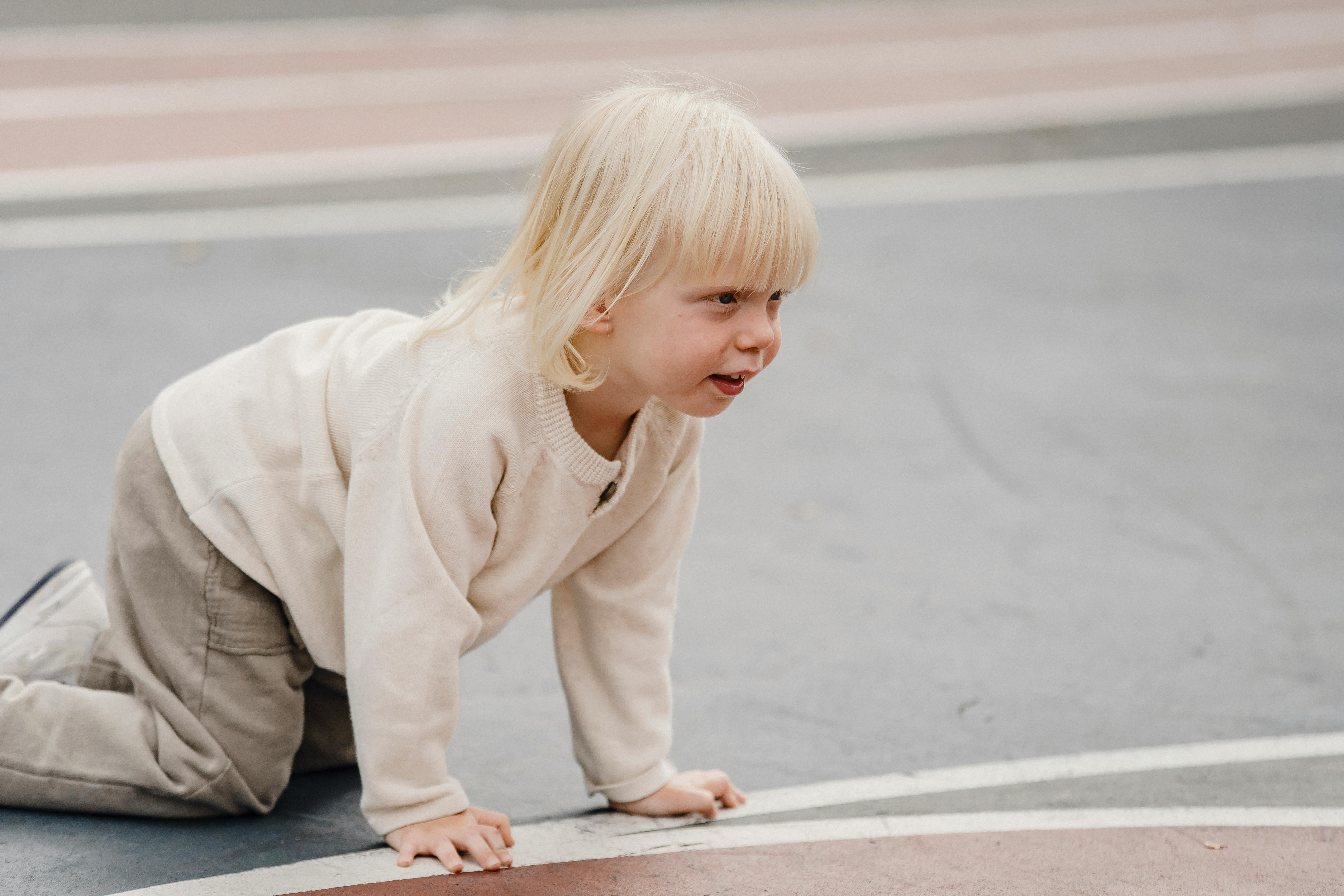
Baseball Bat Trends: What’s Hot in the World of Wood Bats
Although the debate over banning metal baseball bats in youth baseball is unresolved, high school and college players find themselves playing in wooden bat summer leagues more and more these days. “It’s clearly a trend,” a coach told me last summer on opening day of the John Marzano Wood Bat Scout League in Philadelphia. “The kids know they need to do this, their coaches know this too, and the scouts love it. Hitting wood is much less forgiving than metal.”
All of this makes for a more diverse collection of baseball bats at summer havens, from Cape Cod to Surprise, Arizona. And as the wooden bat trend spreads to younger players, parents and coaches will want to know what elite amateur players use at tournaments like the World Wooden Bat Championships in Marietta, Georgia, at the East Cobb Baseball Complex.
Somehow, you only have to look at the bats that the pros are swinging. The two classics offered by Louisville Slugger, Derek Jeter’s C71 and Alex Rodriguez’s P273, are guaranteed by the world’s leading bat company to be made from top-grade wood. But if you look at Ryan Howard or Albert Pujols, they might be hitting Marucci; and Barry Bonds often hits with a Sam Bat. Chase Utley and Jimmy Rollins have been supporters of MaxBats in recent years. And for much of 2008 Manny Ramirez was doing his dirty work with an X-Bat. Unsurprisingly, then, Marucci, Sam Bats, X-Bats, and Max Bats can all be found in fan havens.
But don’t let the professionals be your only guide. There are only about 35 bat companies with approved and registered bats in Major League Baseball. More than 100 companies make wooden bats for amateur players. These companies tend to be small and primarily serve the regional baseball communities. Companies like NYStix, Carolina Clubs, the Bayou Bat Company, Hoosier Bats, and the Barnstable Bat Company serve players in independent leagues, adult leagues, and local wood bat teams. NYStix got a big boost last year making bats for New York City high school teams in its first year of playing under the city’s new ban on non-wood bats. The owner of the company told me last winter that he was having a hard time keeping up with demand.
Hobbyist players also like Old Hickory (made of maple!), D-bats, and M-Powered bats. Also, the more standard stock to be found with Rawlings, Easton, and DeMarini is common, especially DeMarini’s composite wood bat wrapped in a fiberglass sleeve designed to help kids make the transition from metal to wood. .
Who knows what beats will be popular next season. Montreal’s Zinger Bats is ramping up its marketing plans. Miguel Cabrera, Bobby Abreu and Dan Uggla all wore custom Zingers for at least part of last season. The influx of players from Asia has also been a big help for Mizuno. And when players heat up like Josh Hamilton did in the 2008 All-Star Home Run Derby, there’s no doubt that the bat he used will be at the top of every young hitter’s wish list (he rocked a Louisville Ash Slugger, Model C353; 34.5 inches and 33 ounces in weight; flame tempered with the special Smith finish).
In the end, the switch to the wood should keep players young and old in line all winter looking for the right bat to start the new season – perhaps not as much fun as playing, but certainly a useful pastime while we wait. .